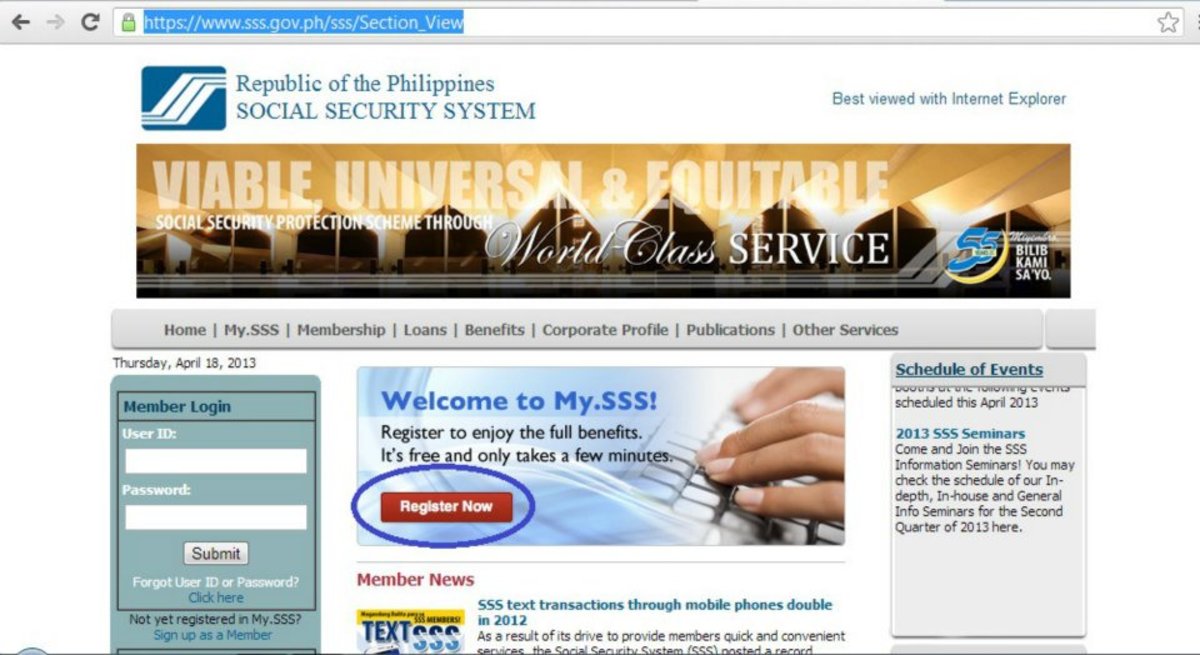How to find the best UK mortgage
Now that house prices have fallen, the way has opened up for many to get on the housing ladder. Unfortunately, because of the Credit Crunch, it has become more difficult to qualify for a good mortgage.
However, there are some things you can do to ensure you are eligible for the best mortgages. This page is a resource guide on what to do.
Make sure your credit report is spotless
When you apply for a mortgage, a credit check will be run on you. This will tell the lender about all the existing debts you have, how much debt you have outstanding and whether you pay your debt obligations on time.
Lenders are looking for at least three years good behaviour. If your record is less than spotless, then postpone applying for a mortgage and concentrate on improving your credit report.
1. Pay all your bills on time, including debt payments
2. Reduce the total debt you have outstanding. Lenders will take account of existing debt obligations when they lend you a mortgage. If your existing debts are high, they won't touch you with a bargepole.
3. Reduce the available credit you have. Available credit is the difference between the credit limit on your cards and the debt outstanding on your cards. Why do lenders worry about this? Because they think that if you have available credit, you might use it and get into trouble. Therefore, when you pay down credit card debt, pay down one card at a time and then cancel the card once it's paid off. This should then show up on your report as a "satisfactorily settled debt". Lenders like this because a) it proves you repay debt and b) it means that you don't have too much available credit.
4. If you are a new first time buyer who has never borrowed, apply for a credit card, spend a little on it, and then pay the amount off in full when you get your statement. That way, you have a credit record showing that you have repaid debt.
5. Always give a fixed landline number on your application form rather than a mobile number. This helps the lender establish where you live
6. Lenders check the number of searches done on your credit report before they lend to you. If you have too many recent searches, a flag goes up and they worry that you are applying for credit with all and sundry at once. Unfortunately searches are also done when people open savings accounts or change their utility supplier. Therefore be careful and don't open loads of accounts a month and don't switch utility supplier just before you apply for a mortgage.
The aim of this exercise is to make sure that you don't have much debt outstanding, don't have much available credit and have a list of satisfactorily settled debts on your record.
Raise the biggest deposit you can
The best mortgage deals are being offered to those whose loan-to-value is 60% or less. This is because lenders want to reduce their risk in case house prices fall further. Most lenders are demanding a deposit of at least 25%.
Before the credit crunch, some homebuyers used to just borrow the deposit - but that option has now gone. Therefore there is nothing for it but to bite the bullet and raise money for the deposit by saving. That means cutting back on expenditure or earning more money, or both. Earning money can take the form of doing a second job, selling your goods on Ebay or earning money online. You will also need to take action to reduce your other debts so that you don't appear to be a high risk customer when you apply for your mortgage.
This advice applies to people remortgaging too. Remember that your house will have fallen in price, so you need to get the mortgage level down by hook or by crook so that your loan-to-value ratio remains low. Use the money you have raised by cutting spending or doing extra work to overpay your existing mortgage if the terms and conditions of your loan allow it. If your lender doesn't allow overpayments, then save the money in a savings account, and when you apply for a remortgage, you add your savings to equity in your house as a deposit, so that your new loan to value is reduced.
Build a relationship with your lender
Lenders often reserve their best mortgage deals for their existing customers, especially existing savers and current account holders.
Therefore, once you have identified a lender you wish to borrow a mortgage from, check if they offer special deals for existing customers, and then open a savings account with them. This tactic requires some pre-planning and it's best to do this while you are in your "raising a deposit" phase. That way you are saving and building a relationship with your potential mortgage lender. Small building societies in particular prefer to deal with existing customers who have a proven record of savings as evidenced by the saving account you have with them.
Identifying the best lenders
Mortgage price comparison sites now exist, but be careful: many of these sites are paid for by the commission they earn from introducing customers, and some don't even feature really good mortgage deals if the commission offered to them is poor.
You can also use the best-buy tables in newspapers such as the Financial Times, The Times or the Daily Mail, and can simply browse the websites of the main banks and building societies.
It's also worth considering using a mortgage broker. Not only will the broker have had time to research all the mortgage deals on the market, they are often privy to deals that are not publicised - eg a bank or building society will have raised a fixed tranche of money that they are lending out on a specific deal and because of the limited nature of the money, they will only offer the deal through mortgage brokers. Once all the money is allocated to mortgage applicants, the deal closes.
What type of mortgage to go for
The rule of thumb is this: if you think interest rates will rise, it's worth fixing your rate if fixed rates on offer are below where you think bank base rates will rise to. If you think interest rates will fall, then it's worth going for a tracker mortgage, and only fixing your mortgage rate after the rates have fallen.
If you think trying to predict where rates will go is too difficult, then opt for an offset mortgage - this is where your savings are offset against the mortgage outstanding and interest is only charged on the balance. If you are a regular saver and intend to keep on building your savings, this might be the best option as you will save thousands in interest payments over the years.
Check if there are redemption penalties of you repay your mortgage early - it's always best to have a mortgage that lets you repay whenever you like if you have spare cash, to reduce your debt.
Always be aware of the arrangement fees charged - almost all fixed rate mortgages come with fees. Sometimes what look like good deals are completely ruined by the arrangement fees, which can be as high as £1999. Use mortgage calculators to assess the overall value of the deal you are being offered. Arrangement fees are particularly high at the moment as banks are not in the mood to chase new business. However, once the economy recovers and banks realise they can only make a profit by lending again, arrangement fees will come down. It might be a question of biding your time till this happens and in the meanwhile building as large a deposit as you can (or reducing the existing debt as far as you can).






